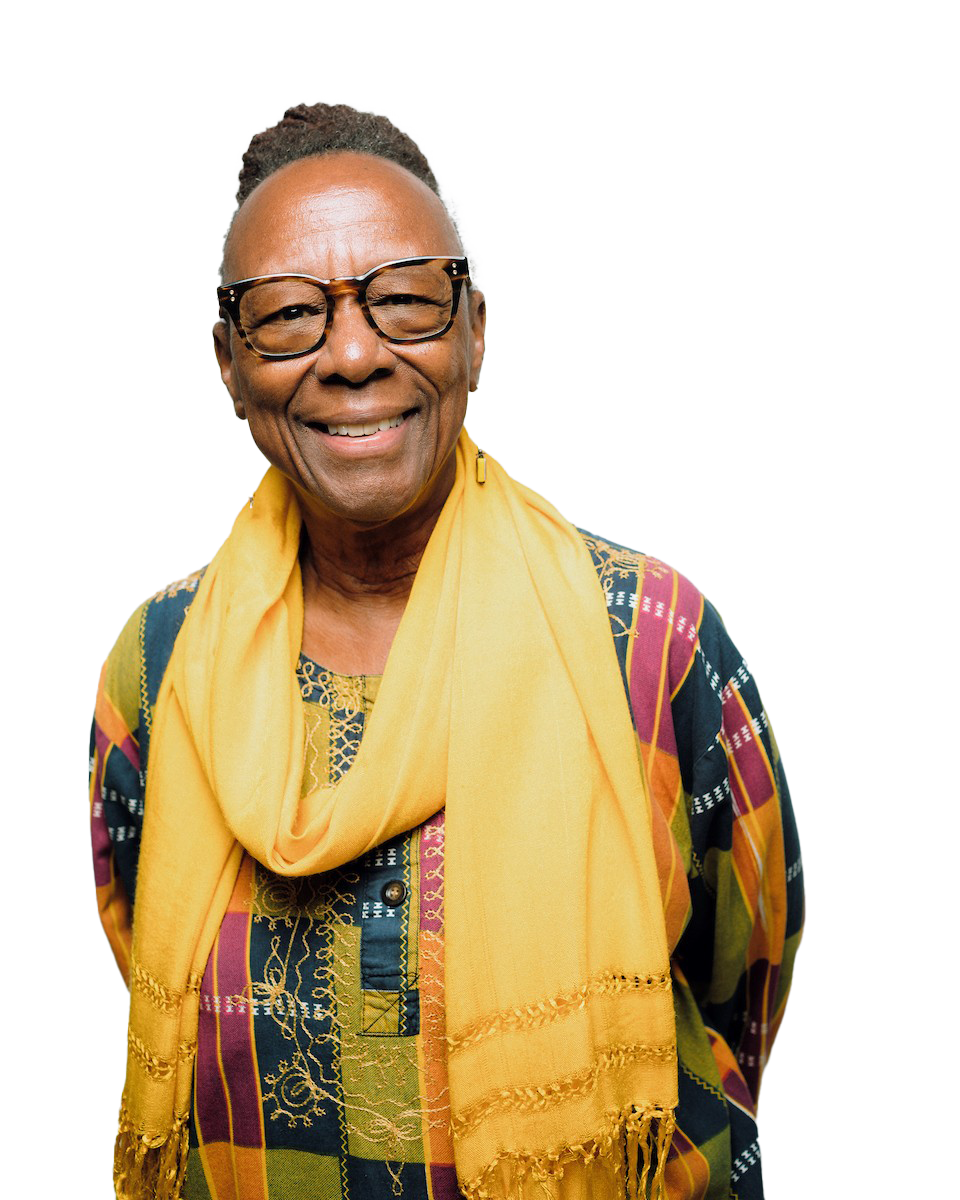Fern Gillespie
After having a career as frontline activist that spans over 50 years, Bertha Lewis, founder and board chair of the Black Institute (TBI) and the Black Leadership Action Coalition (BLAC) in Brooklyn, will be retiring. For 15 years she has been heading these Black think-tank organizations with a mission to take action. On October 30, she will be honored at the organization’s 15th Annual Gala Fundraiser Celebration for her instrumental activism in advancing racial justice, equity, and empowerment.
“For over the past 15 years, the Black Institute and the Black Leadership Action Coalition have focused on Black people and people of color in education, economics, the environment and immigration,” Lewis told Our Time Press. “We felt as though there needed to be a very direct and clear organization just focused on the issue of people of color and Black people in particular, since the demographics of the United States is changing and the majority of people will be people of color.
All of our research and the reports that we do is through a Black lens.”
Prior to launching TBI, a Black-led policy, and “action” think tank institution, Lewis was he was the CEO and Chief Organizer of the nonprofit social justice organization ACORN, which had 400,000 members across the U.S. “After ACORN, I wanted a think tank that could take action. In looking what I wanted to do post-ACORN, I realized that White people were telling Black people what they should do. How they should think.
What their research should be,” she said. “So, I felt that there needed to be a think tank. But a think tank that could take action. So we call ourselves an action tank. You take knowledge, research and data and you research it through a Black lens. How is healthcare affecting Black people? How our economy affecting Black people? How is education affecting Black people? How is immigration affecting Black people? How is the environment affecting Black people?”
As environmental justice advocates, in 2021, TBI was instrumental in passing a law to get rid of all pesticides in public parks. “But, here we are four years later, still forcing the City of New York to implement that law to protect our environment and protect public parks,” she said. “There’s also diesel trucks and all kinds of vehicles come through black and brown neighborhoods and pollute our air, which causes health problems for us.”
For immigration reform, TBI has been focusing on the needs and rights of Black immigrants. “We want Black immigrants in this conversation about immigration reform. When people think of immigrants they don’t think of Black people. We had to fight Obama in order to have Black children of immigrants included in DACA. Because the children of Black immigrants were not included in DACA,” she explained.
“Yet, the most educated and professional immigrants come out of the continent of Africa. We have many Black immigrants from the Caribbean. And, we have generations of West Indian folks who have intermarried with Black folks that come up from the South and slave holders. Many of us have West Indians in our family.”
At TBI, the organization has been advocating for Black-owned businesses, lobbying for New York City government to set aside one percent of the city’s pension funds to invest in minority and women businesses. Minority business advocacy extends to legalized recreational marijuana. “The law’s supposed to be reinvestment in the communities harmed through the war on drugs,” she said. “We have not seen an equitable share of invested back into our communities. We have not seen minority entrepreneurs having an equal and open share of the legalized marijuana market.”
Lewis was born in Jim Crow era Florida and has been a frontline activist all her life. “I was born in 1951. I grew up during the last vestiges of legal segregation. I grew up within civil rights movement, the anti-war movement, the women’s liberation movement, the gay liberation movement, South Africa’s apartheid,” she said.
“I was born at a time of constant revolution. I keep on keeping on. I have no choice. I’m a Black woman in America. I have seen how Black women are at the bottom of the totem pole. I’ve seen my mother’s and my aunties and my sisters struggle. I draw inspiration from that.”
The conservative push to destroy DEI diversity initiatives was not surprising to Lewis. “For years, we warned that this day was coming. And we’ve seen this before. I created The Black Institute, because of the changing demographics of this country. This country shortly, if not already, will be a majority country of color,” she said. “White people done lost their minds. Now they say publicly what they would only whisper behind closed doors. Trump was inevitable. He is a racist. He is a fascist. This country is only 200 plus years old. We’re very young country and White people are coming to terms with what this may mean to be in the minority.”
At the gala, Tuulikki Robertson, MBA, will be officially welcomed by Lewis as the incoming executive director of The Black Institute and the Black Leadership Action Coalition. “This country’s new generation has something to say. They have far more tools than my generation had,” said Lewis. “They have the commitment, the creativity, the organizing and the awareness. I’m very, very hopeful, very optimistic.”
The Black Institute (TBI) and the Black Leadership Action Coalition (BLAC) will be honoring Bertha Lewis, founder and board chair, at the organization’s 15th Annual Gala Fundraiser Celebration on October 30 at Giando on the Water. The black-tie affair will celebrate over 15 years of advancing racial justice, equity, and empowerment. For more information, visit www.theblackinstitute.org
